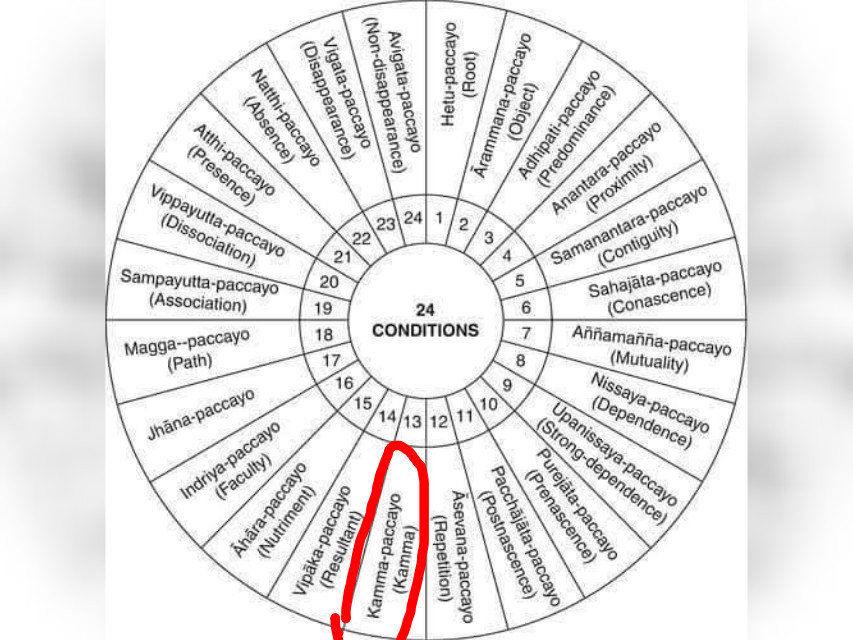Does 'karma' mean that everything that happens to us is under our control, or only that we are responsible for it? I thought that only substantial beings could be completely in control of everything that happens to them, and not just because things are impermanent.
Also, conditioned things are a result of past karma, which is often said to be an unconscious process of seeds becoming ripe. So surely it would only be under out control over the course of very many lives, at least?
The Points of Controversy -- theravada -- refute the claim that everything is from karma, including karma, of the rajagirikas and siddhatthikas. But it does not show that for anything but new karma. The sautrantikas taught that there is no life faculty sustaining events between life and death, because karma alone is "sufficient" to account for all destinies.
this is accepted by all Buddhists... theravada or mahayana
The Lioness in Bloom, p33
Further, Bodhidharma exhorted
the practice of following conditions, sentient beings lack a self and are all whirled around by conditions and karma; suffering and joy are to be equally accepted, for both arise from conditions. If I encounter excellent karmic recompense, such as honor and so forth, it is in response to causes in my past lives. Even if I should encounter such recompense in the present, the necessary conditions for it will exhaust themselves, and it will again cease to exist. What is there to be joyful about in its existence? Gain and loss follow conditions. Mind has neither increase nor decrease. Unmoved by the winds of joy, one is mysteriously in accordance with the path. Therefore, it is called the practice of following conditions.
- Bodhidharnma, Two Entrances

